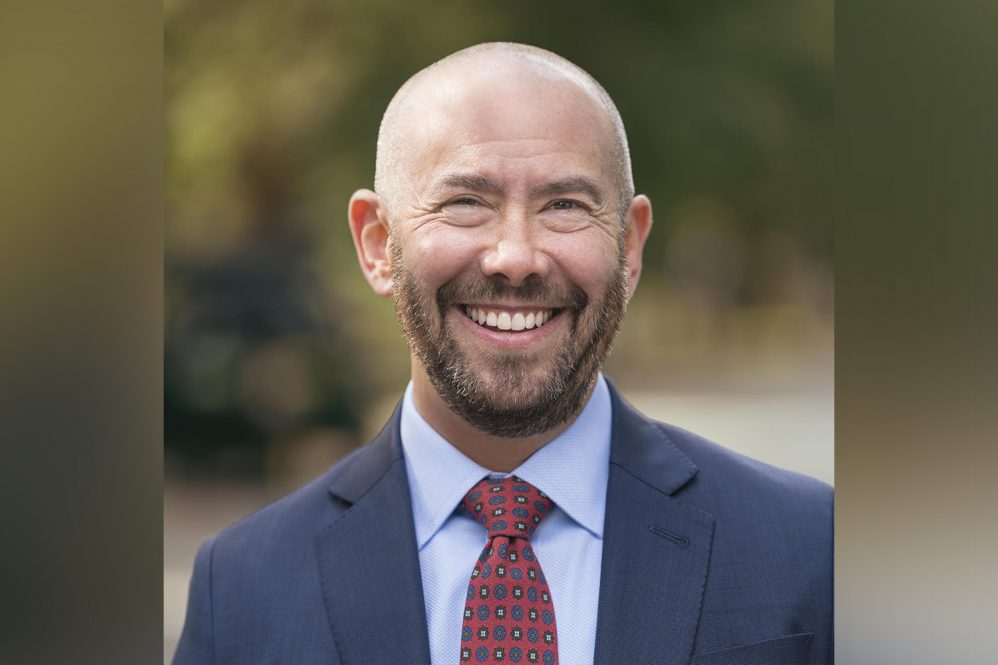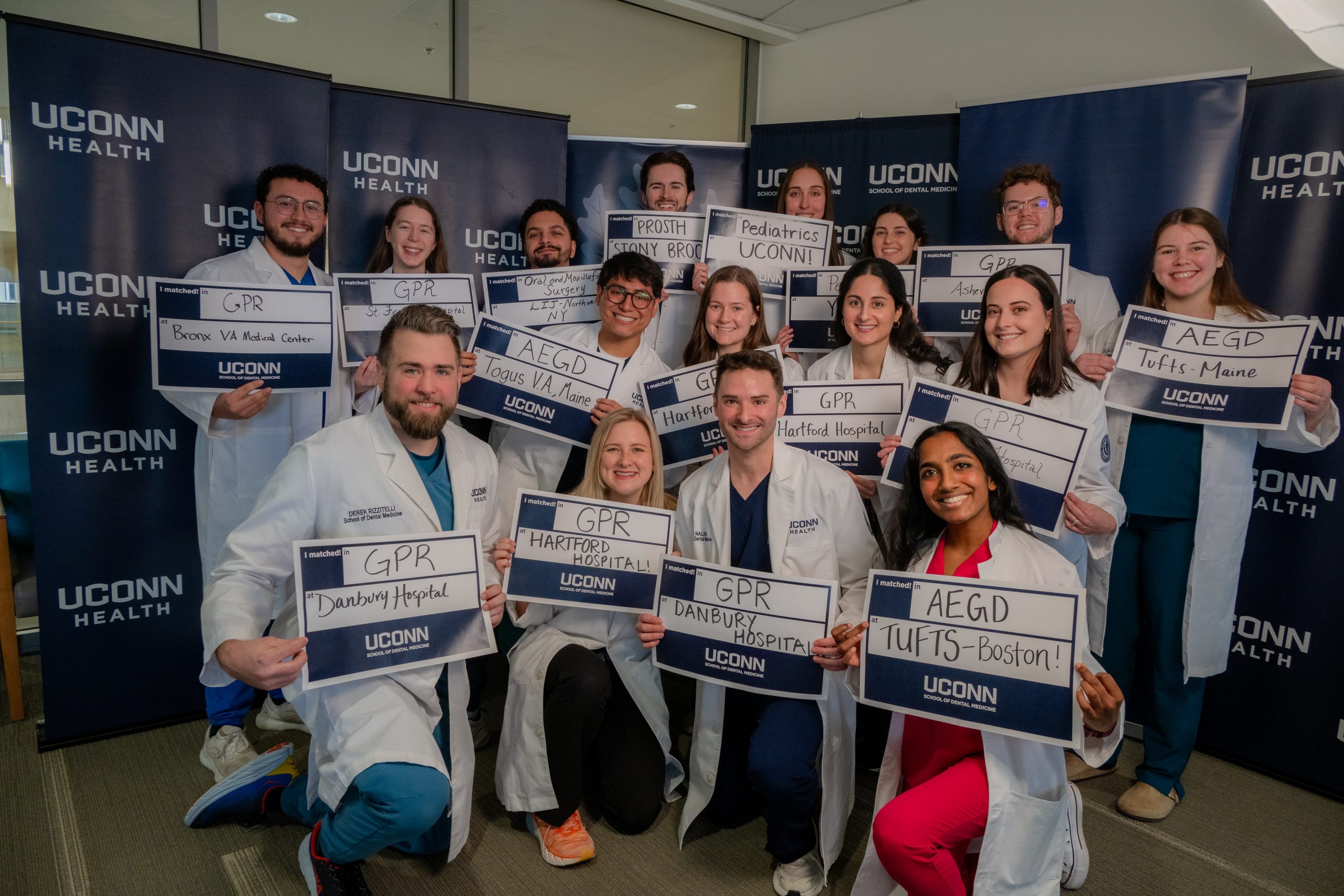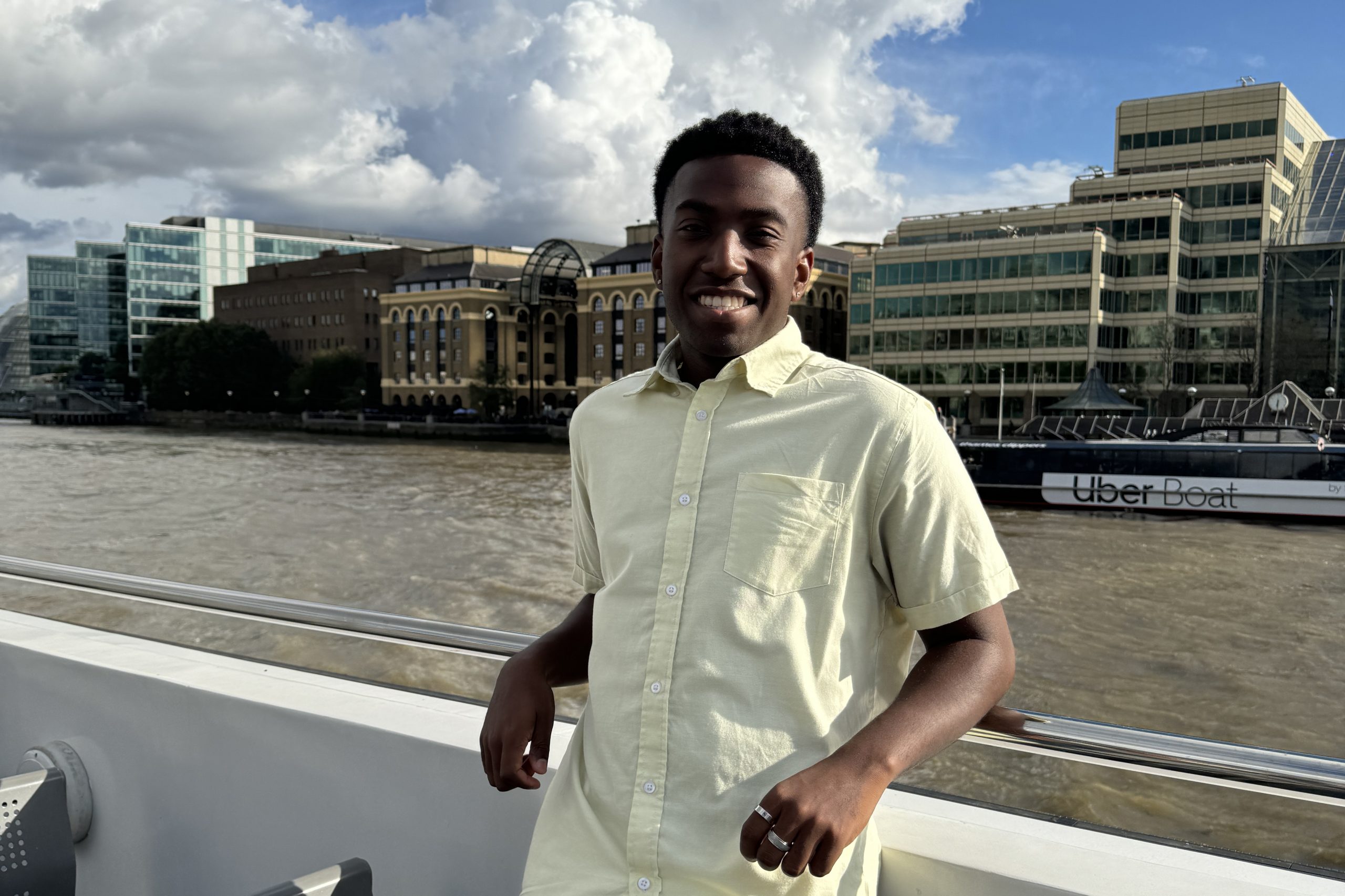When the New York State Senate voted to confirm Seth Marnin ’06 JD as a judge of the New York State Court of Claims in June, it was more than a personal and professional accomplishment. He is believed to be the first openly transgender male judge in the nation.
“It is very important to me to be visible,” Marnin says. “It’s no secret that transgender people are under attack all over the country. While I am grateful to live in a state with strong laws, these attacks take a toll on our community. And representation matters.”
Marnin grew up in Albany, N.Y., child of a father who was a city bus driver and a mother who transcribed for court reporters. Although he always wanted to be an attorney, he first earned a BA in Women’s Studies and Sociology, an MA in Liberal Studies and completed his Ph.D. coursework in History in U.S. public policy and gender, all at the State University of New York at Albany.
The final decision to attend law school came when Marnin was the director of gay, lesbian, bisexual, and transgender resources at UConn Storrs. Working with advocates from around the country on marriage equality and on amending Connecticut’s anti-discrimination and hate crime laws, Marnin realized something.
“What the majority of these advocates I admired had in common was a JD,” he says. “So I decided to return to school and pursue my law degree.”
Marnin had been admitted to other law schools but chose UConn Law in part because of Karen DeMeola ’96, who was then working in the Admissions Office.
“Having a woman of color and an out lesbian in that role made a big impression on me,” he says. “This was 2003 and there were not so many other out queer people in public-facing leadership roles. She not only made a good case for why I should attend UConn Law, but her presence mattered. It told me that someone who is out can be successful here.” (DeMeola ’96 was recently sworn in as a judge of the Connecticut Superior Court.)
Sitting in on Professor Jeremy Paul’s class in Contracts helped seal the deal for UConn Law. Marnin remembers several current and former faculty members fondly, including Lewis Kurlantzick, Paul Chill and Eileen Silverstein, as well as adjunct professors Daniel Klau and Jim Robertson ’74.
A judicial internship with Judge Lois Tanzer ’74 on the Connecticut Superior Court was an influential part of Marnin’s legal education. “It was in my work with her where I realized how much I loved the law and what a privilege it is to see the law from the judge’s perspective,” he says. “But at the time, I could not imagine a pathway to the bench for a person like me. Until just a couple of years ago, it was unimaginable.”
Moot court, a requirement for first-year students, was also a transformative experience. “I was so intimidated by the requirement I almost considered not attending UConn Law,” Marnin says. “But it turned out I was very good at it.”
After law school, Marnin practiced employment law at Outten & Golden LLP, an opportunity that arose in connection with a clinical experience in LGBT civil rights taught by Jamie Mills ’97. Marnin later served as vice president for civil rights at the Anti-Defamation League before becoming director of training and education for the Office of Equal Opportunity and Affirmative Action at Columbia University. He has also spoken nationally and internationally on LGBTQ issues, hate crime laws, discrimination, civil rights, religious liberty, the First Amendment and academic freedom.
“I became a lawyer to fight for real people and marginalized groups,” he says. “I am proud of the cases I worked on, like a case on behalf of aspiring female correction officers—our lead plaintiff was a woman of color—trying to advance and thrive. I’m also proud of the systems I designed to combat discrimination, amicus briefs I co-authored in the marriage equality cases, and the chance to help organizations and individuals treat people better.”
Marnin says that his career—not only his legal work but also his time in higher education—has prepared him for the judiciary. Working as a university administrator helped develop the counseling and mediation skills that he believes will serve him well on the bench, where he aspires to reflect a diverse judiciary that will build confidence in the justice system.
“As a transgender person, I have unique insight into differential treatment,” Marnin says. “We want to see ourselves represented in the judicial system, and we want trans youth to know that they can aspire to the highest levels of public service.”



